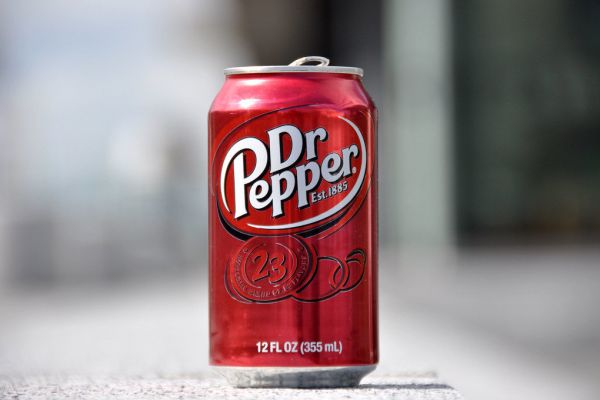The cost-of-living crisis means consumers are experiencing the implications of rising prices – many are looking to make cut backs in their food shopping as they struggle with other essential living costs.
Because of this, many consumers will be re-evaluating the need for convenience products such as tinned food, frozen food and ready meals as they attempt to seek more affordable products.
Recessionary Spending
Consumers lack confidence in the economy over the next twelve months; FMCG Gurus research shows that over four in ten global consumers are unconfident in the state of the economy over the next twelve months.
Furthermore, consumers feel their country is in a recession regardless of whether or not it is by definition. This means many will be adopting recessionary-style spending habits as they become increasingly concerned over inflation and rising living costs, including utility bills, food prices and petrol.
Additionally, nearly one third of consumers do not feel their household has adequate financial savings, meaning they will feel vulnerable to rising prices and be further required to cut back on spending.
Consumers feel that food prices are on the rise. FMCG Gurus research shows that 85% of global consumers believe food and drink prices have risen over the last twelve months.
Consumers believe these price rises are across everyday items such as fruit, rice, dairy and pasta – this will mean consumers will feel restricted in other areas as they struggle to keep up with rising costs.
With consumers feeling that everyday essentials are on the rise, they will adopt a mindset of needing to minimise spending when purchasing products, being drawn to economical offerings, something which previously they may have seen as a last resort.
Recessionary spending includes consumers shopping around to find the best deal, and becoming less brand loyal. This means brands can no longer rely on heritage alone to drive and maintain sales. Consumers are most likely to demonstrate reduced brand loyalty in the soft drinks and frozen food sectors, areas which are deemed economical, with consumption being driven by routine and inertia.
Convenient And Economical Alternatives
FMCG Gurus research shows that around one quarter of consumers plan to buy more frozen food over the next twelve months.
Nearly one quarter of consumers plan to buy more frozen food over the next year, highlighting their desire to purchase more affordable foods that can be stored in bulk.
FMCG Gurus research finds that some consumers see products which are convenient as being better value for money, which is important during a cost-of-living crisis. Consumers value their time, so saving time in preparation and cooking is key to them in their busy lives.
Read More: 10 Consumer Trends That Are Set To Shape 2023: FMCG Gurus
New Opportunities For Convenience Food
In an era of uncertainty, brands can encourage consumers to change their perceptions associated with economical offerings. Items that are traditionally associated with being more affordable, such as tinned and frozen food should be associated with good value, not just being as cheap as possible, as this may bring down the perceived quality.
Nostalgic products appeal to consumers in difficult economic times – consumers can often turn to products that remind them of the past and simpler times. FMCG Gurus research finds that four in ten consumers have sought out products and flavours that remind them of the past over the last twelve months.
The ready meal category can also look to directly target those consumers cutting back on foodservice occasions. The current cost-of-living crisis means that consumers are having to reduce spending within the foodservice channel.
However, consumers have high levels of self-entitlement and do not want to make sacrifices.
As a result, they are seeking out more premium options at retailers as a form of compensation. This includes premium ready meals and products that complement them, such as alcoholic beverages, soft drinks, and cakes and pastries.
This article is based on FMCG Gurus: Re-evaluating Convenience Food in a Cost-of-Living Crisis – Global Report May 2023.
© 2023 European Supermarket Magazine – your source for the latest A-brand news. Article by Eleanor Johnson, Data Analyst at FMCG Gurus. Click subscribe to sign up to ESM: European Supermarket Magazine.














